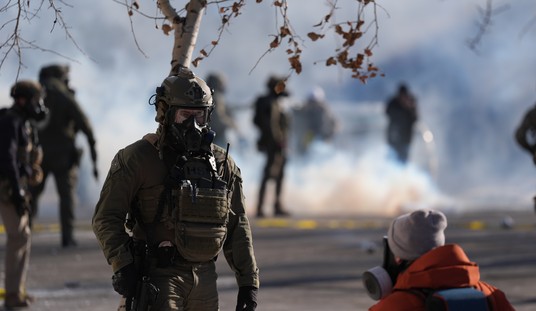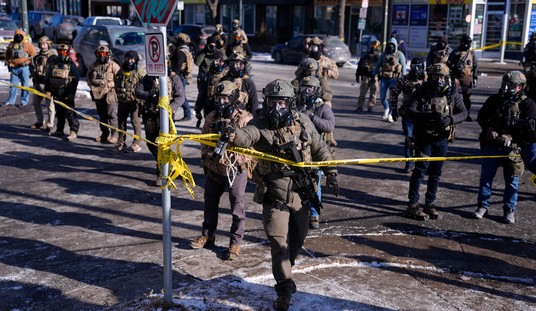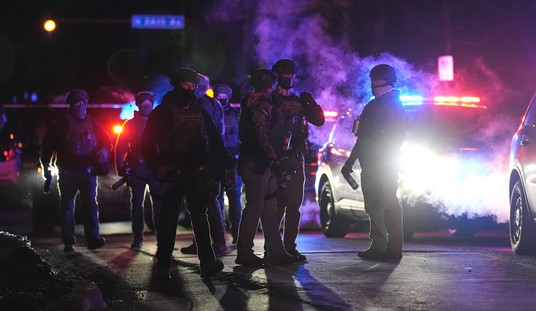No, the new blockbuster film just might help you straighten them out. That is, if you’re willing to go see it with your teenager. While that statement does not come with a guarantee or qualify as psychiatric advice, for the discerning parent The Hunger Games can open the door to some deep conversations on tough topics.
Although you may not have paid any attention to its literary counterpart, it’s hard to ignore a film that’s kicked up so much controversy (and revenue) right out of the starting gate. The Hunger Games racked in $152.2 million in ten days– making it the third best opening of all time. Today the film passed $300 million.
The first installment of the trilogy begins with a fight for survival between 24 kids, aged 12 to 18. Set in a futuristic post-America, where the states have been divided into twelve districts, one boy and one girl are selected from each district to fight to the death on live television. When her timid little sister’s name is drawn, sixteen-year-old Katniss Everdeen volunteers to take her place.
If the very thought of a violent movie based on children fighting each other in gladiator fashion gives you pause — good. It should. However, if you’re a parent always on the prowl for teachable moments — I have four suggestions.
Let me first say that as a parent I was pleasantly surprised that The Hunger Games avoided foul language or sex scenes. However, the violence depicted in this film is the primary concern for most parents. Actual on-screen violence is minimal — even mild when compared to the recent Indiana Jones or Jurassic Park. Blood appears mostly on the weapons after the fact.
In fact, the producers deserve congratulations for fight scenes, both from a moral and artistic standpoint. Rather than taking the easy route of showing gruesome bloodshed for sheer audience gratification, The Hunger Games masterfully reveals the brutality of human nature as the real horror.
Keeping the lines of good and evil clearly drawn, we see vicious kids enjoying the game contrasted with the innocent Katniss, who only uses self-defense and makes friendships rather than self-serving alliances. The underlying message is clear: even in the most inhumane circumstances, we don’t have to lose our humanity.
Using Fantasy to Teach Reality — Parental Talking Point #1:
All killing is not inherently evil. This is a concept we have lost sight of. War can be fought in pursuit of peace, or for conquest and domination. Wisdom discerns between the two and understands both exist. Yet one is evil. Killing in self-defense is not murder. This concept is constantly distorted and blurred by the cultural Marxists in our society to the point that this generation must be taught to see the difference clearly.
The Ultimate Horror Show Has a Cast Dehumanized
In the film, the Hunger Games exist as a tool for control and domination by an oppressive government. The games came as a key component in a treaty signed after an uprising against the ruling class concluded with the annihilation of an entire district.
The terror of the games depicts the natural end of class warfare. The upper class embraces the Hunger Games much the same way as we enjoy the Super Bowl. The televised games carry celebrity commentary, wagers on favorites, and the stamp of the country’s heritage.
The country is divided not only by tall fences, but also by the extravagance in the “Capitol” and the extreme poverty in districts named only with a number and categorized by a theme. Given the current leftist winds blowing from every direction, it would be tempting for some to spin this scenario into an example of the end to a capitalist society that exploits the poor.
In history, though, the natural end to class demonization comes in the dehumanization of a people. This fictional society accepts the Hunger Games, just as a German society once accepted incrementally lowering the social standing of the Jews, the small steps which led to the Holocaust. The underlying reason is the same. The worth of a life was no longer a God-given birthright, but diminished to a privilege granted only by the state.
Parental Talking Point #2:
Our children are growing up in a world seeped in dehumanization. Challenge them to think about the populations that live dehumanized today. There are plenty to choose from. Depending on the age and maturity of your child, the discussion can range from the persecution of Christians to the sex-trafficking trade.
Demonizing and dehumanizing a select population is more deadly a weapon than anything made of steel. It is carried on undercurrents of hate and winds of domination on a daily basis. It needs to be exposed for what it is at every turn. Our kids need to be able to spot it as fast as they can spot a bad toupee.
Loss of Personal Liberty
With a permanent system of class segregation securely in place, a repressive government gains unimaginable power. The Hunger Games, while futuristic and beyond the average American teenager’s view of reality, provides a compelling view of the power of a government once personal liberty is lost.
The Hunger Games‘ fictional nation of Panem is a post-American country. To imagine a future America in which the states have been demoted to “districts” under the subjugation of the “Capitol” that are divided and kept in check through accepted class warfare is not a hard stretch given the current climate.
If you need more facts and a dose of reality, then it only takes a quick look at a few bits of history. Recent history that is. We’ve ignored the plight of the Coptic Christians in Egypt. We’ve all but gone numb over China’s one-child policy, and we’ve turned a blind eye to the forced child marriages in Saudi Arabia, where women still live as nothing more than property.
Parental Talking Point #3:
The Hunger Games portrays a futuristic fantasy. However, the lesson is real. Governments can and do reign with extreme cruelty — even today. Our Founding Fathers experienced the abuse of power firsthand — which birthed our system of checks and balances. This is why it is vital that a vigilant voting citizenry keeps governmental power in check.
Our foundation of personal liberty depends on our understanding of checks and balances. Being sacrificed by your government is entirely different than sacrificing for your country. Each generation is charged with keeping these distinctions in their place.
Katniss is a Strong Female Role Model with a Mature Idea of Love and Loyalty:
Katniss may not be a Golda Meir, but she is not the typical American teenage girl either. As a mother of six daughters, I want strong role models for them. Among the values that Katniss exhibits: strength, courage in the face of evil, and the proper perspective on expressing her love.
Many comparisons have been made between Katniss and Twilight’s Bella. Given that both target the same audience of young girls and carry controversial themes, it should be mentioned.
As I said in my Twilight post, Bella is every parent’s worst nightmare. To her parents, Bella is a good kid: quiet, keeps to herself, presumably makes good grades. Yet she has a secret death wish, and will throw her life away at the drop of a certain boy’s hat. She is sullen, preoccupied, and secretive. Katniss is the exact opposite.
Both girls find themselves with a less than ideal family life, with little or no real parental guidance. While Bella recoils in the arms of a potentially deadly relationship, Katniss spends no time feeling sorry for herself. She takes on the responsibility of providing for her despondent mother and fragile little sister.
Nancy French over at Patheos contrasts the two like this:
Katniss Everdeen’s love causes her to bravely sacrifice on behalf of others – from taking care of her family to figuring out how to play a game in a way that hopefully won’t kill her friend.
…
While Bella’s absent parents cause her to seek an intense love outside of her immediate family at an incredibly young age, Katniss assumes the role of care giver for her family, learns to hunt, and deals with merchants in the marketplace. She’s fierce, loyal, and independent even in the most trying of circumstances. (If we could bend the book/time/movie continuum and introduce the two characters, Katniss wouldn’t get Bella. “Why is she so depressed all the time?” she might say to Gale while looking for squirrels in the woods. “ Why is she so sullen when she has so much food to eat and so much free time?”
Wouldn’t it be nice if there were fewer Bellas and more Katnisses in high schools across America?
Parental Talking Point #4:
What is your child’s definition of love? How about loyalty? What does keeping your humanity in the midst of inhumanity mean? These are tough, thought-provoking questions that most teens won’t come up to you and discuss. Yet their own definitions of these life-altering concepts will be quietly shaped, or warped, by the world around them.
What will be the topic of conversation in your home tonight?












Join the conversation as a VIP Member